Forming highly competitive supply chains
Dr. Can Van Luc, Chief Economist of BIDV Bank, member of the Prime Minister's Policy Advisory Council, commented that in recent years, the system of policies and industrial development orientations has been supplemented relatively fully, creating a favorable legal corridor for businesses. Thanks to that, the number of supporting industrial enterprises has increased, especially in the supply chain for key industries such as textiles, footwear, electronics. There are many products that not only meet domestic demand but also participate in export and a number of large enterprises have gone deeper into the global value chain.
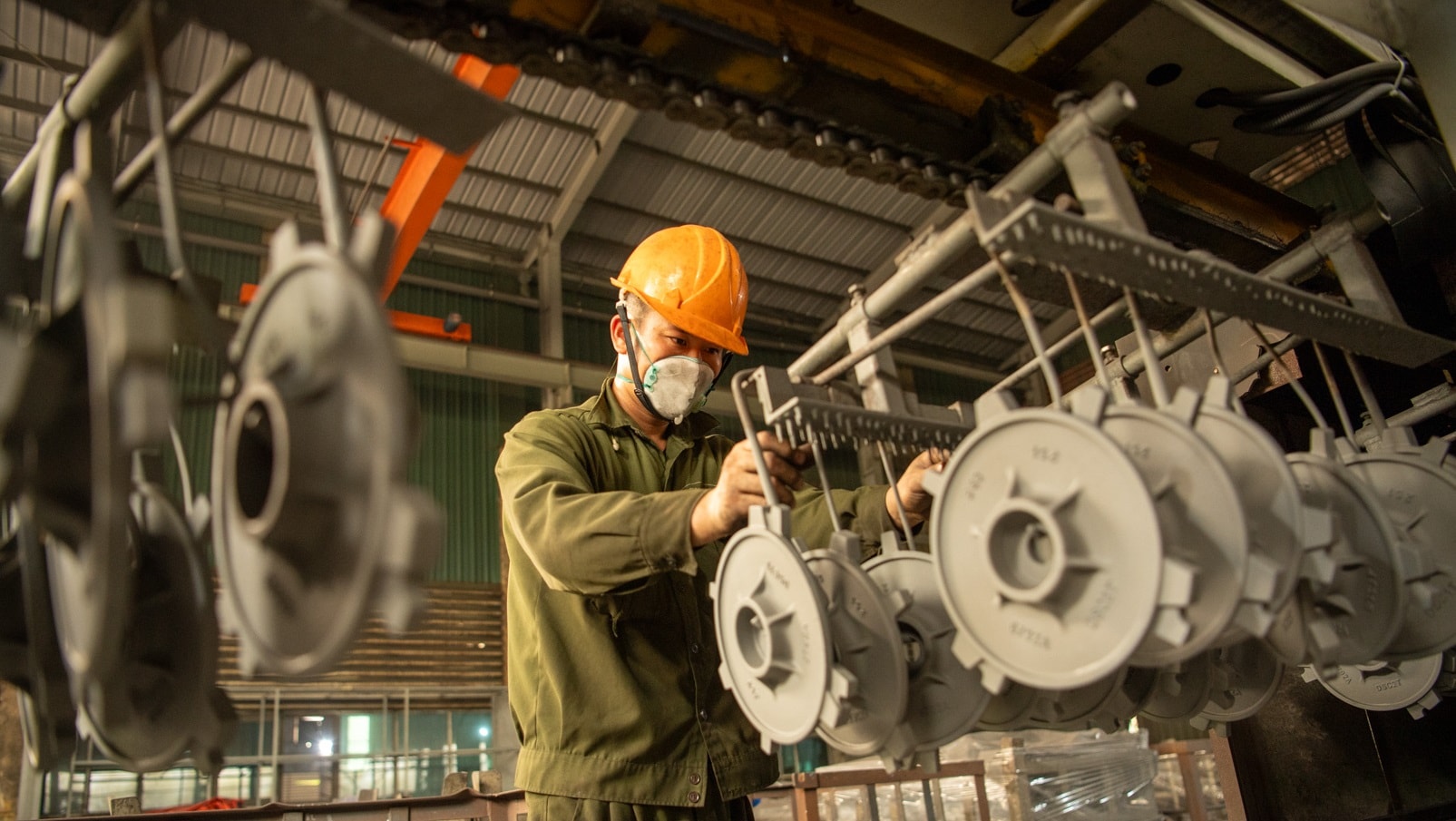
However, the supporting industry still shows many limitations such as low localization rate, many high-tech fields depend on imports, products of Vietnamese enterprises are limited to simple details, low added value... This entails the risk of not meeting the criteria of free trade agreements (FTAs), easily subject to high taxes. Vietnamese products are also at risk of being considered transit goods when the localization rate of some strategic manufacturing industries is still low.
Chairman of the Ho Chi Minh City Association of Supporting Industries (HASI) Vo Son Dien acknowledged that despite its great potential, Vietnam's supporting industry is still fragmented, lacking cohesion, has not yet formed a complete "ecosystem" and still depends significantly on imported components and equipment.
According to Mr. Dien, the Southeast is the center of production, export and supporting industry in Vietnam. Therefore, connecting and developing this field in the region has a great impact on the development of the industry in general. This is the right time for businesses and industry associations to connect to form highly competitive supply chains, meeting the needs of key industries, while improving the ability to integrate and expand export markets.
Increase competitive advantage when exporting products
In order to meet the increasingly high standards of the import market as well as the needs of foreign direct investment (FDI) partners, businesses must constantly strive.
For example, in Dong Nai , although still small and medium-sized, some businesses have gradually built up their own international customer system. Dai A Thanh Company Limited (Long Binh Ward, Dong Nai Province) is a business specializing in manufacturing, assembling, and supplying all kinds of cable products for electronic devices such as: air conditioners, washing machines, refrigerators, televisions... Thanks to its efforts, the business has cooperated and brought its products to major brands such as: Aqua, Nidec Sankyo, Cicor Anam, Sowel.
According to Mr. Le Tri Minh, Director of the company, the enterprise strives to participate in the supporting industry development programs of the State and locality. Specifically, thanks to the support of the Dong Nai Supporting Industry Coordinator Group, Dai A Thanh has cooperated with Japanese enterprises. Cooperation with FDI enterprises helps Vietnamese manufacturers gain more experience, improve their capacity, thereby gaining new partners, increasing the localization rate of products, contributing to promoting production.
Cat Thai Production and Trading Company Limited (Ho Chi Minh City) currently has thousands of products of details and components. The company's main product lines focus on high-tech plastics, plastic pallets, recycled plastic granules, rubber parts, plastic injection molds, stamping molds, metal parts, metal stamping, mechanical processing (cutting, drilling), industrial solutions, hardware design, software... According to Mr. Le Tuan Anh, Director of Cat Thai Production and Trading Company Limited, in order to develop step by step, over the years the company has built a supply chain with the capacity to supply to many different companies.
Experts say that Vietnam has signed 16 new-generation free trade agreements (FTAs) that have opened wide doors to bring goods to key markets. Therefore, supporting industry enterprises need to proactively learn and take advantage of rules of origin and tariff incentives to increase competitive advantages when exporting products. At the same time, the open foreign policy will continue to attract high-quality FDI, bringing with it the need for supporting industries.
The Government has also clearly recognized the importance of the supporting industry and issued many support policies and programs. From decrees encouraging investment, tax incentives, to programs supporting human resource training and technology transfer. A typical example is Resolution No. 23-NQ/TW of the Politburo on the orientation of building a national industrial development policy to 2030, with a vision to 2045; in which supporting industry is promoted as a priority industry. This creates a legal corridor and a favorable environment for supporting industry to develop further.
Source: https://daibieunhandan.vn/phat-trien-doanh-nghiep-cong-nghiep-ho-tro-nang-cao-kha-nang-hoi-nhap-va-mo-rong-thi-truong-10389169.html



![[Photo] Prime Minister Pham Minh Chinh chairs the Government's online conference with localities](https://vphoto.vietnam.vn/thumb/1200x675/vietnam/resource/IMAGE/2025/10/5/264793cfb4404c63a701d235ff43e1bd)



![[Photo] Prime Minister Pham Minh Chinh launched a peak emulation campaign to achieve achievements in celebration of the 14th National Party Congress](https://vphoto.vietnam.vn/thumb/1200x675/vietnam/resource/IMAGE/2025/10/5/8869ec5cdbc740f58fbf2ae73f065076)



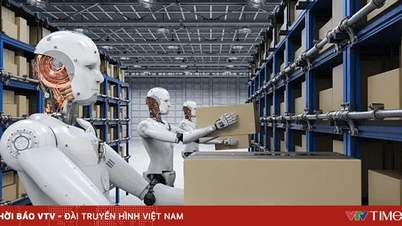
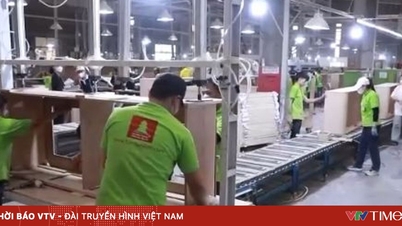
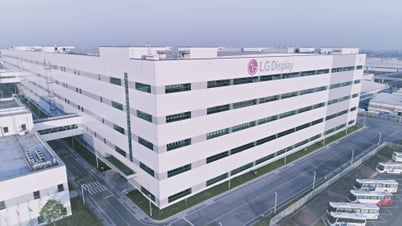

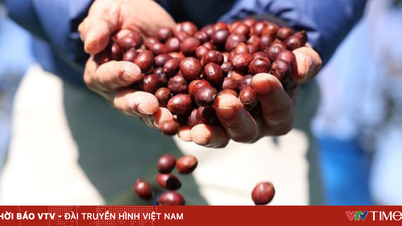


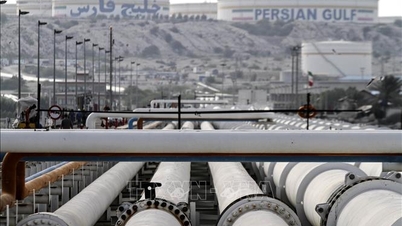


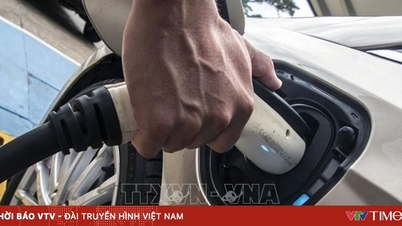

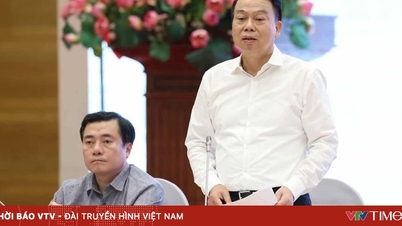




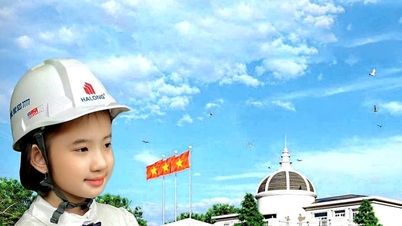
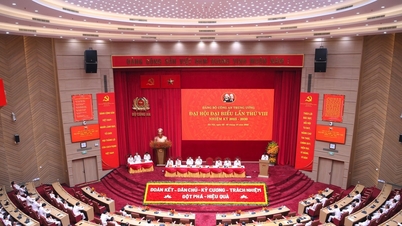
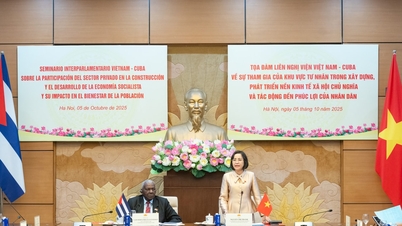
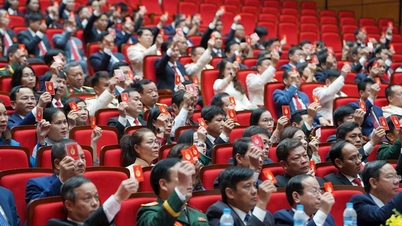
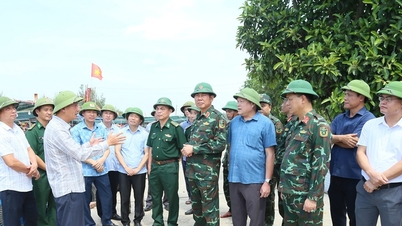
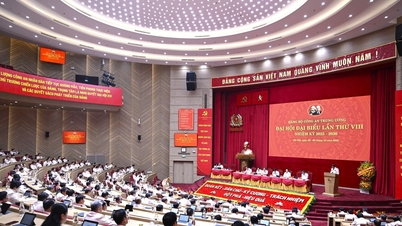



























![[VIDEO] Summary of Petrovietnam's 50th Anniversary Ceremony](https://vphoto.vietnam.vn/thumb/402x226/vietnam/resource/IMAGE/2025/10/4/abe133bdb8114793a16d4fe3e5bd0f12)

![[VIDEO] GENERAL SECRETARY TO LAM AWARDS PETROVIETNAM 8 GOLDEN WORDS: "PIONEER - EXCELLENT - SUSTAINABLE - GLOBAL"](https://vphoto.vietnam.vn/thumb/402x226/vietnam/resource/IMAGE/2025/7/23/c2fdb48863e846cfa9fb8e6ea9cf44e7)













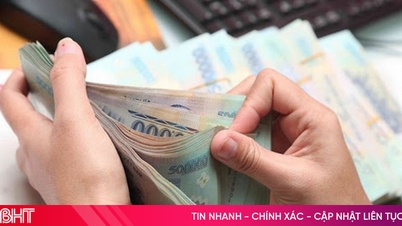



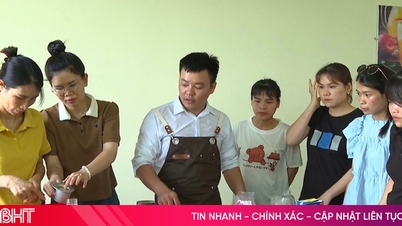
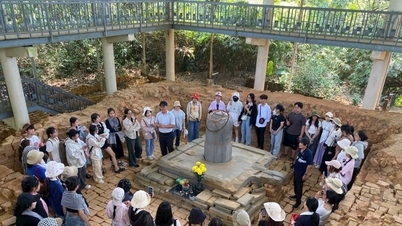
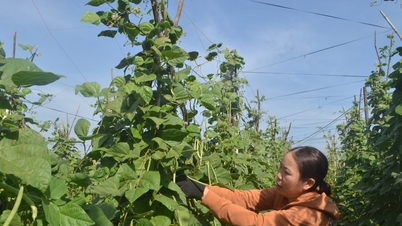
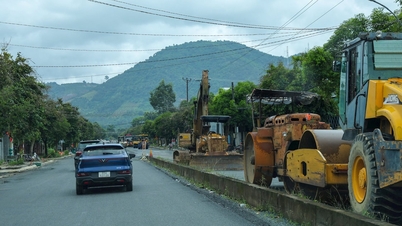













Comment (0)